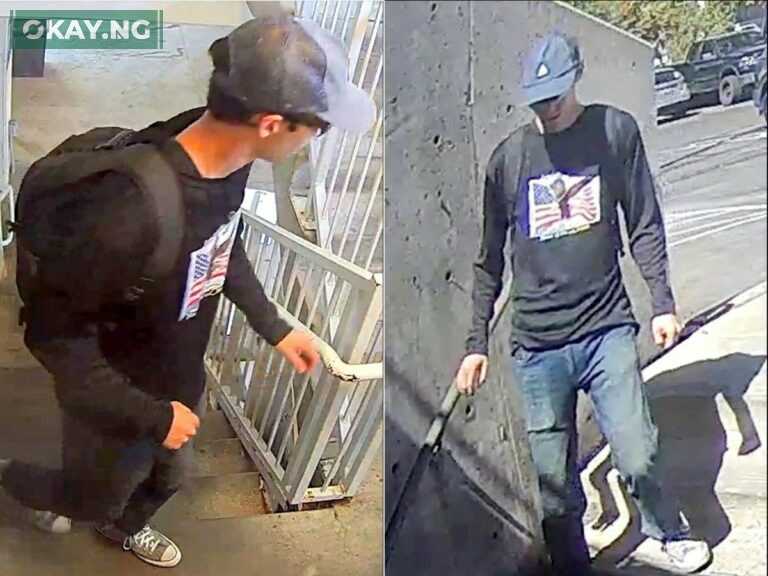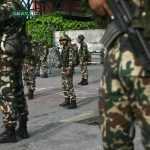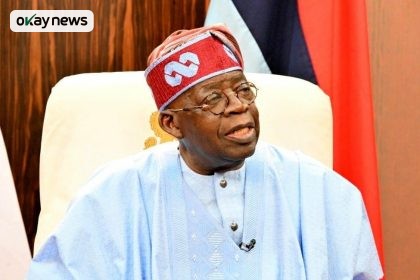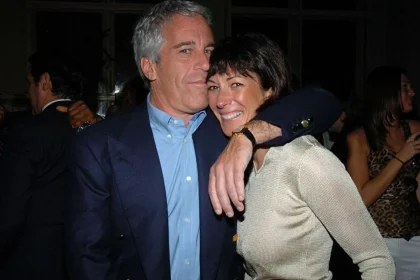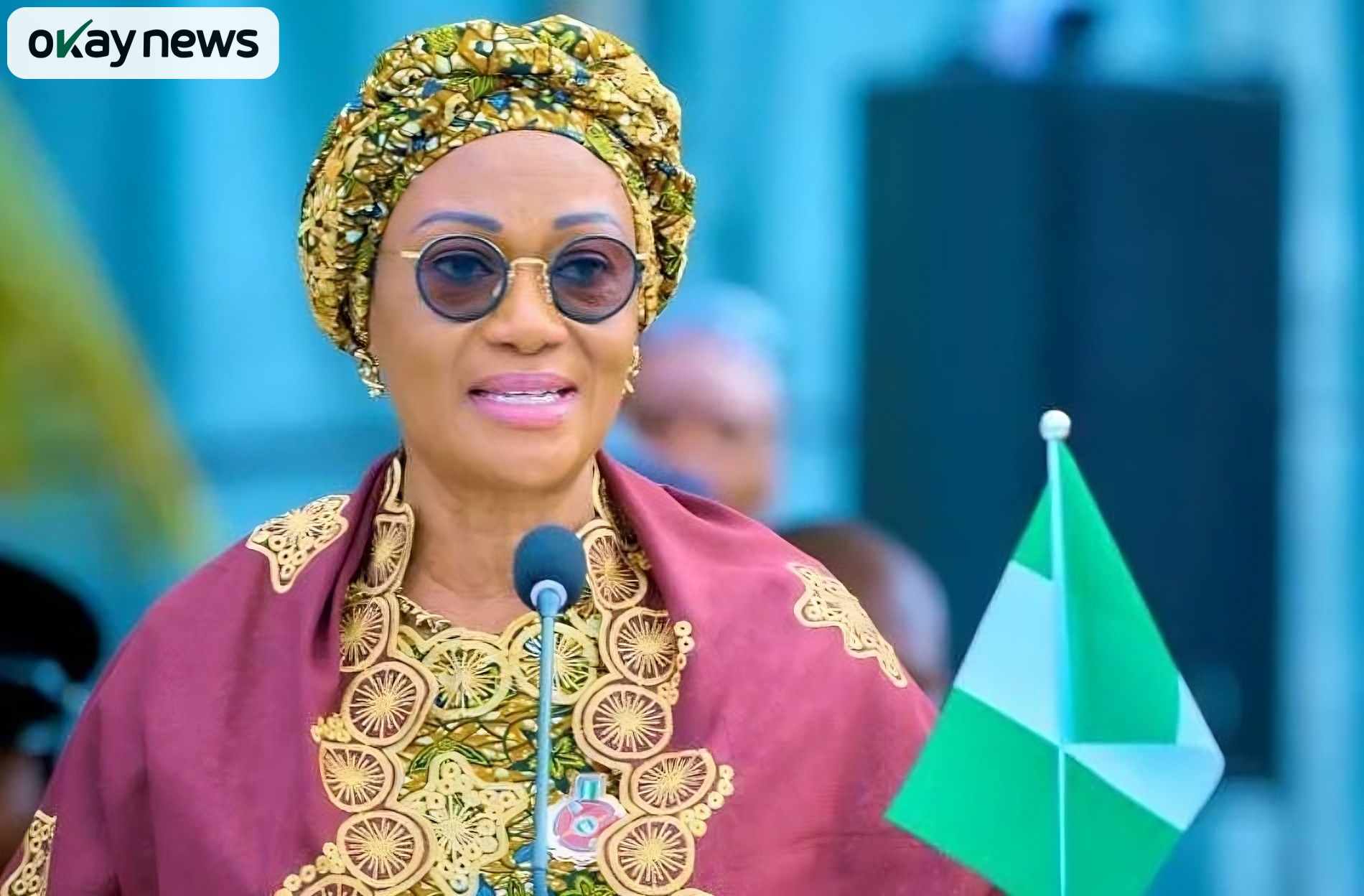The aftermath of the killing of American conservative activist Charlie Kirk has taken a disturbing twist, as innocent individuals are being falsely accused on social media of involvement in the incident.
Two people who were mistakenly identified as suspects in the fatal shooting have spoken out, saying they are now living in fear after facing harassment, threats, and public shaming online.
One of them, Michaela, a 29-year-old transgender woman living in Washington state, revealed that she has been targeted with violent threats after her photograph was falsely circulated as the shooter at Utah Valley University, where Kirk was gunned down.
“I’m getting witch-hunted online,” she explained. “Some people want to enact vigilante justice on me.”
Michaela, who works as a paralegal, clarified that she was in Washington on the day of the shooting. Bank transactions and iPhone location history confirm her claim, while her roommate also backed up her alibi. She added that she has only visited Utah once in her life—during a short overnight stay in Moab earlier this year.
The misinformation spiral began when her image was wrongly connected to a post from another user who mentioned Kirk’s visit to Utah. According to Michaela, she had no connection with that person but was caught in the crossfire of viral disinformation campaigns.
“People on the right wing, obviously they want a shooter, and a trans person fits their narrative,” she lamented.
The Federal Bureau of Investigation (FBI) has since released actual images of a person of interest and confirmed the discovery of the presumed murder weapon. However, the damage to Michaela’s reputation lingers, worsened by online conspiracy networks that have boosted the false narrative.
In Canada, another victim of mistaken identity, 77-year-old retired banker Michael Mallinson, has also been forced to defend himself after online trolls claimed he was involved in the tragedy.
Mallinson said he was horrified when his daughter called, panicked about the online hoax linking him to the Utah shooting. “It’s my image, it’s my name, but it’s not me,” he said. “I worry about longer-term ramifications. That stuff stays on social media forever.”
okay.ng reports that both victims of this misinformation campaign have contacted authorities and tried to clarify their innocence online, but the threats and reputational damage persist.


